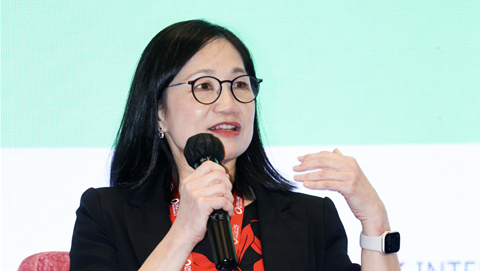Thailand government is planning new artificial intelligence (AI) initiatives as part of its efforts to implement second phase of the national AI strategy and action plan.
Six flagship projects, including the development of an AI workforce and the Thai large language model (ThaiLLM) are on the cards with the initiation of these projects pending for approval from the National AI Committee, appointed by Prime Minister Srettha Thavisin, the Bankok Post reported.
The plans were revealed at a close hearing conducted by the National Electronics and Computer Technology Centre (NECTEC), secretary to the steering committee.
Thailand estimates a total budget of US$42 million (S$55 million) for implementing the new initiatives, with a major part of the investment directed towards upskilling the workforce in AI.
One of the other initiative is the Big Data Institute’s AI project - Travel Link that aims to utilise AI to recommend tourism attractions with tourism data and boost local tourism revenue through traveller insights.
The country also plans to strengthen its fraud detection systems, significant to reduce losses from financial fraud. It would AI to analyse users with multiple SIM cards and suspicious bank transactions to assist in freezing dubious transactions.
ThaiLLM project
Thailand government is also working to build Thai large language model (ThaiLLM) with an investment of US$3.38 million (S$4.50 million) to create open source ThaiLLM foundation and chatbots to offer information on health, travel and environment.
Kobkrit Viriyayudhakorn, president of the AI Entrepreneur Association of Thailand, said ThaiLLM is an important project and they aim to employ 590 AI workers for the project and encourage the creation of Thai AI startups, reducing both costs and reliance on foreign AI.
The Federation of Thai Industries (FTI) also plans to use AI for improving productivity in the manufacturing sector by using machine vision technology to find defective products and enhance quality assurance.
FTI will promote pilot use of CiRA CORE, a platform that allows users to create algorithms or applications such as deep learning to facilitate learning and memory for a system in 50-60 small-scale factories to do industrial tasks. It also targets AI energy optimisation to help manufacturers reduce carbon footprint.









